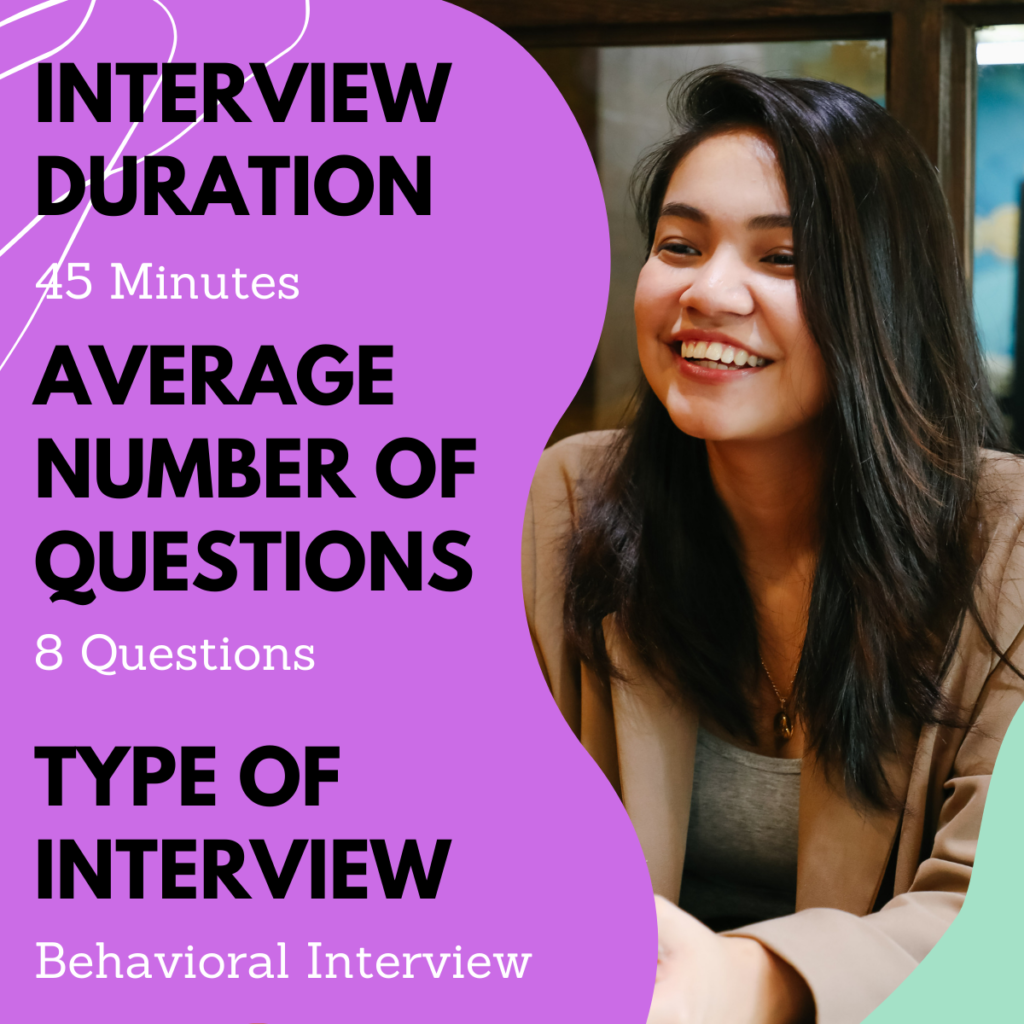There has been an increase in learning mentoring roles as education providers employ supportive roles to help struggling students.
In the main, learning mentors work with children, but some positions include mentoring adults. Other vacancies are for specific areas IE young offenders, SEND pupils, etc.
Employers are looking for ‘skills’ as well as experience. When giving examples, applicants need to check if the new job role is mentoring groups and/or 1-2-1s.
This article will help mentors prepare and pass a learning mentor job interview.
How competitive is a Mentor job interview?

Interview Specifics:

Can you demonstrate the relevant knowledge and experience to pass a Mentor job interview?
- Discussing pupils learning needs to create a plan of action
- Creating strategies and supportive actions to help increase a pupils confidence level
- Working in groups or 1-2-1 to help an underperforming pupil achieve realistic educational outcomes
- Understanding safe-guarding practices
- Have an awareness of learning styles and techniques
- Monitor and report on a pupils progression
- Great questioning and listening skills
- Support with transition, including report writing
Check the average pay for a Mentor job role.
Job Interview Questions and Answers for a Mentor.
In addition to a structured job interview, many high-school mentoring recruitment process also include the delivery of a presentation. To prepare for your interview presentation click here: How to deliver a job interview presentation.
This article, though, will focus on the answers to behavioral job interview questions.
Behavioral job interview questions ask for examples of passed experience. This means that giving examples is the best way to answer the job interview question.
Mentoring Job Interview Question: Tell me about your experience as a mentor?
Not all employers require the successful job applicant to have direct mentoring experience.
Instead, most employers are looking for certain skills – the ability to mentor a (specific group).
It is important to create a job interview answer that highlights to relevance of the example by following the three rules for a successful job interview:
- Identify the job criteria – the skills and experiences required for the mentoring job position
- Be a self-promoter – giving detailed descriptions of relevant skills
- Communicate with confidence – engage the interview panel with tonality, expressions and gestures, while having clear diction and a nice pace
Example interview answer:
“I have worked as a (job role) for the past (number of years) where I was responsible for (list duties).
I have undertook (list relevant qualifications) which taught me the importance of (a particular knowledge base).
The reason I am so passionate about mentoring is because (reason IE supporting/helping) An example of this is when I was working at (company) where I was mentoring (cohort). to support the client (describe mentoring technique in detail) which resulted in (positive outcome).
To summaries, I have X number of years experience and I am highly passionate and skilled at mentoring others.”
Mentoring Job Interview Question: Give me an example of mentoring a student who was underperforming?
When answering specific ‘example’ questions it is important to give context by describing the situation.
Context allows a hiring manager to understand the difficulties and actions taken.
It is also key to explain any ‘basic’ everyday tasks. A large number of interviewees don’t state ‘obvious’ duties because it is a task they complete everyday.
But, because interviewers follow use a structured job interview process, candidates must state all essential job criteria to receive full marks.
Example interview answer:
“I was working with one mentee recently who was undeforming in (subject) due to (reason). Because of this (reason) the mentee was (describe state – quite, angry, demotivated).
Because I was aware of the situation I, prior, to the mentoring session (actions took to help make the mentee more relaxed, open and feeling safe. This could also include any research undertaken)
When I met the mentee I split the session into three stages: contracting, open questions and goals. It was important to contract because of (reason).
In the mentoring section, I asked, initially very open questions, including (add questions) to help the client open up. The conversation become more specific as we built trust and talked more in-depth about underperformance. We focused mainly on (add detail).
By the end of the mentoring session I signposted to (source) and encouraged goals, including (state goals)
The result of the planning and my communication style was (describe a positive outcome for the client)”
Mentoring Job Interview Question: Tell me about a safe-guarding issue you have had to deal with?
When applying for a mentoring role that works with children’s or vulnerable people, you will be asked a safe-guarding job interview question.
Employers need to check that a mentor knows the correct procedure when a young person discloses that they are in harm.
There are six guiding principles of safeguarding:
- Empowerment
- Prevention
- Proportionality
- Protection
- Partnership
- Accountability
It is important in the safeguarding interview answer to highlight a level of knowledge of safeguarding.
Employers ask for a safeguarding example, to check how the principles have been used in a real situation.
Example interview answer:
“I was mentoring one mentee who disclosed a safeguarding issue. At first the disclosure was made in passing and the mentee, aware of what they have said, tried to deflect the statement by talking about other things.
This where my excellent listening skills come into their own. I also make lots of notes when I am mentoring someone to ensure that the information I have is accurate.
I was aware that the mentee was (embarrassed/upset/angry) and initially I used (open body language/soft tonality/additional questions) to (desired outcome).
I then asked a direct question about the disclosure, this resulted in the mentee (outcome). To gain more information I then asked specific follow up questions. At this stage it was clear that their was a risk of harm to the young person. I asked the mentee to remember at the beginning of the session where I had ‘contracted’ explaining what I have to do if there is a safeguarding concern.
In that company we had to follow a strict procedure when a concern was disclosed, which included 1) informing a line manager, 2) making a social service referral and 3) completing the paperwork.
The mentee was in fact happy to be getting support, but was scared about the process and what would happen long term. To support the mentee I (action – confirmed that I would be able to be in the interview with the social worker/talk to professionals on their behalf/gave an explanation of what would happen in the way of a case study.
The long-term outcome was (state details).”

Mentoring Job Interview Question: Give me an example of successfully mentoring a group?
In the main, mentoring is delivered on a 1-2-1 basis.
Often, though, mentors will deliver group mentoring workshops.
Delivering workshops takes an additional skill. Many employers, to test the delivery styles of applicants, will request for the interviewee to deliver a short interview presentation.
In addition to the presentation, there is often an interview question about group delivery.
The focus of the interview answer should be aimed at the session impact:
- Was the trainer able to engage all pupils?
- Did the session fulfil the training objectives?
- Did the trainer think about individual learning styles?
Example interview answer:
“As well as having (X) number of years experience mentoring in 1-2-1 situations, I am also highly experience in the delivery of groupwork.
The barrier with group engagement is the number of participants. In a 1-2-1 mentoring session, it is easy to adapt the delivery style to encourage and support the mentee.
Whereas in a group setting, it is the planning of the activity which is key. When I plan an activity I first ask about the group – do any have support needs? What are their learning styles? have they volunteered to attend the session?
To plan the session in full, i think about the desired outcome and how I can embed visual, audio and kinesthetic learning styles. I also think about any objections or challenges the participants may have and think of ways to overcome this.
An example of this is working with introverted pupils. As I am experienced with this, I know to ask the group a question IE anyone can answer, and then to follow by asking individuals questions to help engage the whole class.
Last week I was working with one group to help them think about (career goals, improving exam results, motivation, etc). The group was made up of (age/gender/generic barriers). To engage the group I (told stories/created a game/presented facts/played a video).
I also set individual and team tasks, and walked around the room looking for anyone who would need support.
Because I knew that (group/person) had (describe barrier) I (state actions took) which resulted in (positive outcome).”

Mentoring Job Interview Question: Tell me about a time when you have successfully mentored someone to achieve their goals?
In short a mentor will help an mentee achieve their goals.
There are a number of mentoring models that can be used, with the most famous model being GROW – Goal, Reality, Options and Will.
When giving an interview answer to a 1-2-1 mentoring experience question, it is important to state the required skills used while following a mentoring model such as GROW. These include:
- Listening
- Communication
- Empathy
- Creating accountability
- Encouragement
- Note taking
- Safe guarding awareness
Example interview answer:
“I have many examples I could use. My favorite is when I was working at (company) and I was mentoring a client who wanted to achieve (goal).
The mentee, when I first met them, was (add barriers; quite, reserved, extravert, demotivated, scared) This was because of their (describe situation).
My first task was to establish rapport, I did this by (sharing stories, listening, finding commonality, not interrupting).
Once the mentee trusted me, which was reinforced by my ability to listen without interrupting, being patient and communicating of their level, I helped them establish their goals.
Initially their goal was ambiguous, which was one reason why they struggled to take action. By asking questions to gain a specific and measurable goal, the client was able to see the realism of achieving their objective.
We discussed option and I would often challenge their goal, thought process or suggestion to help them reflect on what they would need to do and achieve to feel successfully. This reflection technique was something the client hadn’t done before and the outcome was that they felt excited about their potential future.
The reason this was a real success, was due to my emotional intelligence. Because I was working with the client over a number of weeks, there were time when the client was feeling good and other times when they felt down. Having an agile approach allowed me to communicate in a way that suited the situation, increasing trust between myself and the mentee.
There were also times when we went off-topic and talked about hobbies and interest instead of the (goal), which was suitable at that time. And sometimes, when needed i would sign post to suitable agencies where the mentee could gain expert advice and support.
The outcome was that the mentee achieved (long term outcome) and short term felt (motivated/inspired/excited) helping them to take more action.“
Mentoring Job Interview Question: Do you have anything you would like to ask us?
- Can you describe the duties in an average day?
- What development opportunities can employees access?
- Do you specialize in any particular mentoring areas?
- Are you looking to expand the business?
- How would you describe the culture of the company?
- What, would you say, is the management style of the company?
- How is the mentoring project funded? Do you see nay future risk to funding?
- What is the customer feedback like?





